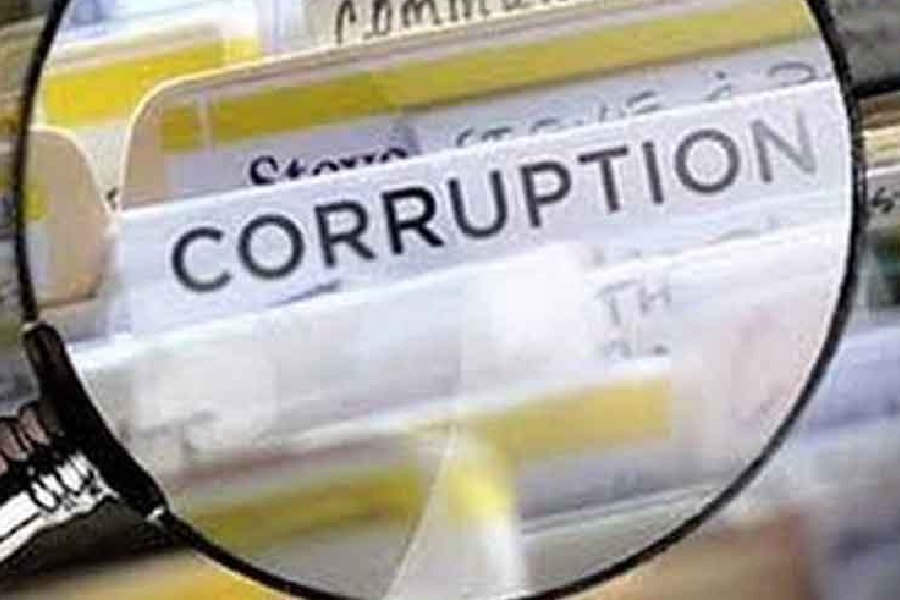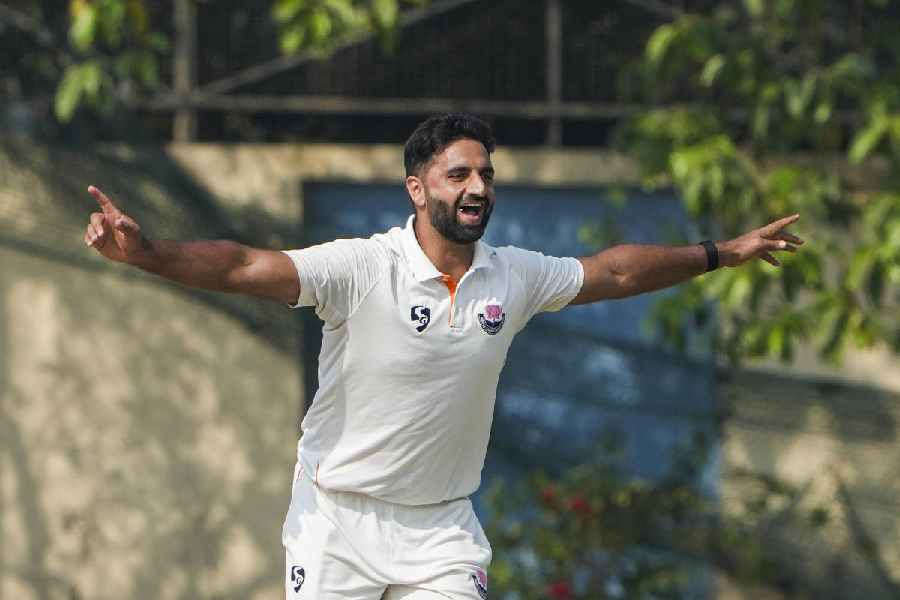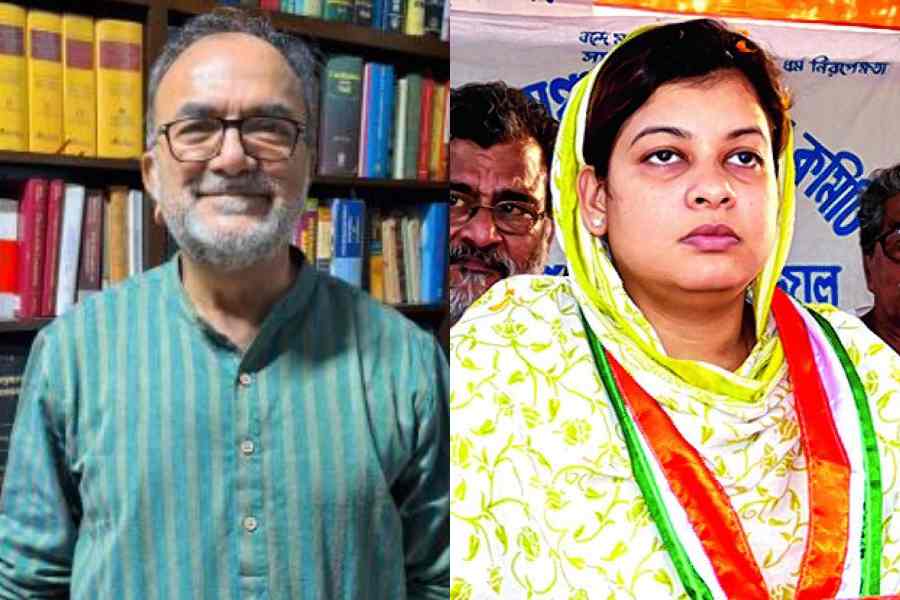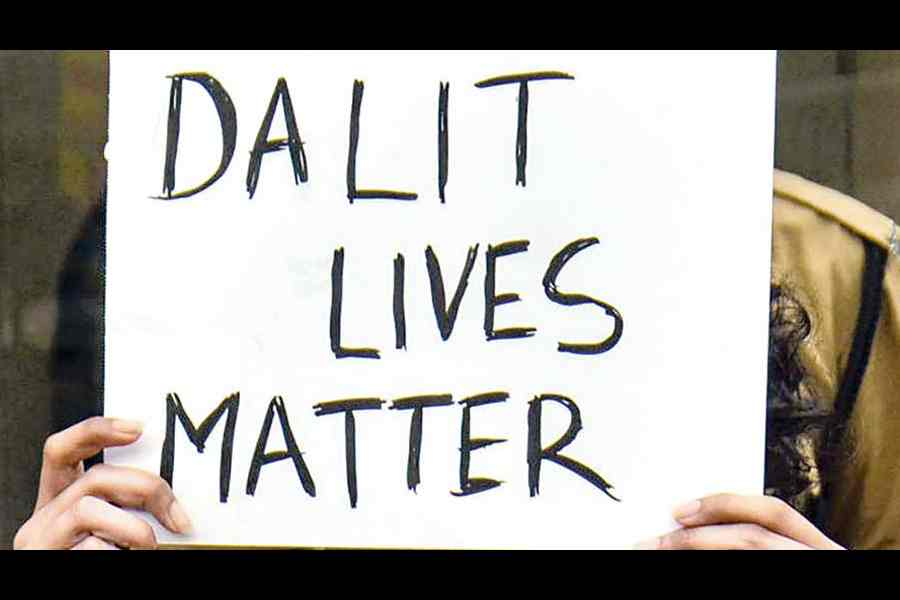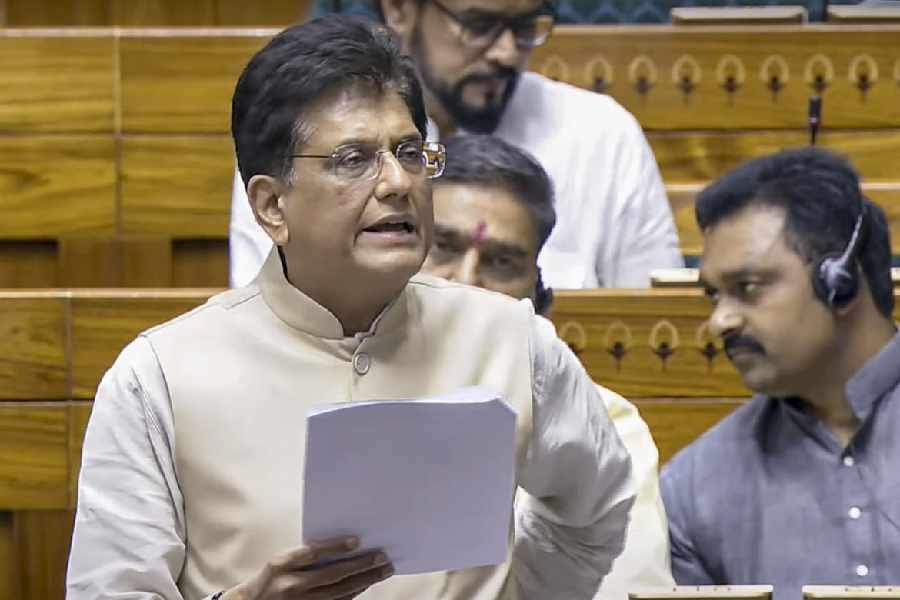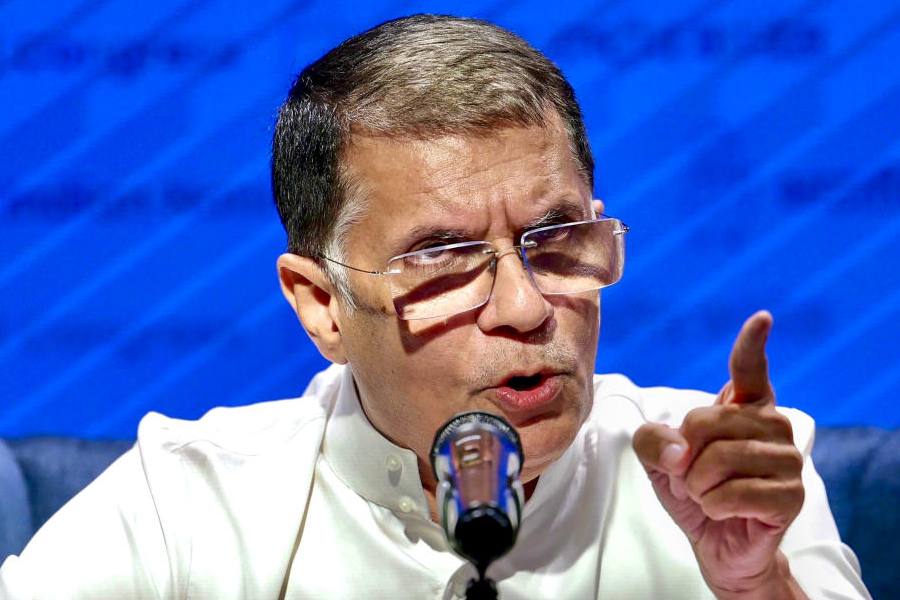The Indian judiciary has, over the decades, been a strident votary of personal liberty. Incursions into the realm of liberty, whether by the State or any other institution, have generally been frowned upon by the enlightened judges. So when a bench of the Supreme Court observes that an oversolicitous approach to uphold the liberty of an accused may undermine the cause of justice, the rationale for this cautionary perspective merits examination. The context, as usual, is the key to understanding the court’s position: the apex court was responding to the endemic vice that is corruption. The judgment was passed by the bench while dismissing a plea by a public servant — an audit inspector with the government of Punjab accused of demanding illegal gratification — who had challenged an order by the Punjab and Haryana High Court to deny him bail. Two other points made by the highest court demand reflection. First, it stated that the scourge of corruption in the higher echelons of government and political parties posed a greater threat to law and order than even “hired assassins”. Second, the court also attributed economic unrest and impediments on the path of progress to the embedded nature of corruption. Indeed, assessments of corruption in India bear out the Supreme Court’s censure. India ranked a dismal 96 among 180 countries in the Corruption Perceptions Index in 2024, with its overall score dropping to 38, according to a report by the Transparency International: India’s position had been 93 in 2023.
The political rhetoric on corruption has mirrored the views of the judiciary. Narendra Modi, whose first government rode to power on the wings of a sharp public backlash against charges of corruption directed at the Congress-led United Progressive Alliance government, is on record positing his spirited opposition to the spectre of corruption. Yet, the ground situation has not changed. In fact, there are allegations that
Mr Modi’s Bharatiya Janata Party brought down state governments formed by the Opposition with the help of lucre. Mr Modi’s regime has also been accused of being partial in its hunt against the corrupt: an overwhelming number of Opposition leaders have been targeted by Central investigation agencies that seem to have been weaponised by the government for this purpose. The government must ponder the Supreme Court’s views and weed out corruption from within irrespective of political hues. The costs of neglecting corruption, as the learned judges pointed out in their judgment, are significant.

